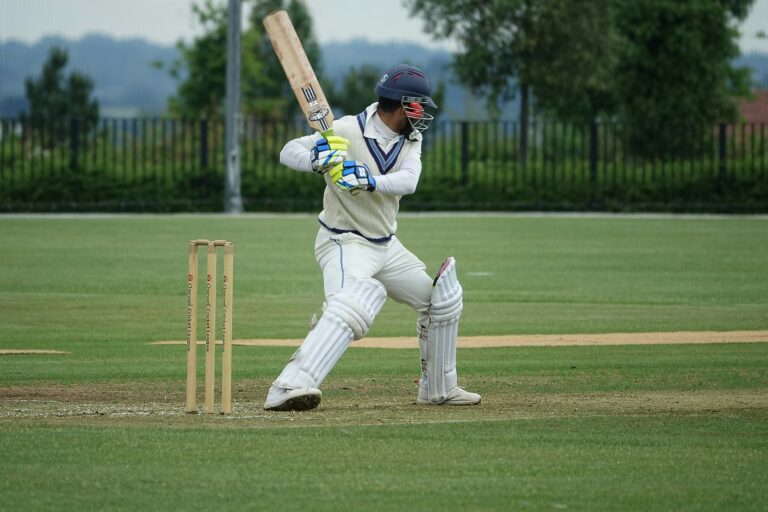Implementing self-exclusion measures in IPL betting
Betway, Play99exch:Self-exclusion measures in IPL betting can provide individuals with a valuable tool to regain control over their gambling habits. By voluntarily excluding themselves from participating in betting activities, individuals can create a barrier that helps them break the cycle of compulsive betting behavior. This self-imposed restriction can offer a sense of empowerment and accountability, encouraging individuals to confront their gambling habits and seek support to address any underlying issues.
Furthermore, self-exclusion measures can act as a preventative measure for those who may be at risk of developing a gambling addiction. By proactively limiting their access to betting platforms, individuals can reduce the temptation to engage in excessive gambling behavior. This proactive approach can help individuals maintain a healthy relationship with IPL betting, fostering responsible gaming practices and minimizing the potential negative impact of compulsive gambling.
• Self-exclusion measures empower individuals to regain control over their gambling habits
• It creates a barrier to break the cycle of compulsive betting behavior
• Encourages individuals to confront their gambling habits and seek support
• Acts as a preventative measure for those at risk of developing a gambling addiction
• Proactively limits access to betting platforms to reduce temptation
• Fosters responsible gaming practices and minimizes negative impact of compulsive gambling
Potential Risks of IPL Betting Addiction
IPL betting addiction can have severe repercussions on an individual’s life, leading to financial instability and strained relationships. The easy accessibility of online betting platforms can exacerbate the risk of addiction, as individuals can place bets at any time from the comfort of their homes. The lure of quick and easy money through betting on IPL matches can be particularly enticing, leading individuals to wager more than they can afford to lose.
Excessive involvement in IPL betting can also have detrimental effects on a person’s mental and emotional well-being. The intense highs and lows associated with gambling can contribute to stress, anxiety, and depression. Moreover, the shame and guilt that often accompany excessive betting can further isolate individuals, making it difficult for them to seek help and support from their loved ones.
How to Recognize Signs of Problem Gambling in IPL Betting
Gambling addiction can be difficult to detect, especially when it comes to IPL betting. However, there are key signs that may indicate a problem. One common red flag is when an individual spends an excessive amount of time thinking about or engaging in IPL betting, to the point where it interferes with their daily responsibilities and relationships. This could be accompanied by feelings of restlessness or irritability when unable to place bets, indicating a possible dependency on the activity.
Another sign to watch out for is the urge to bet increasing over time. Individuals may find themselves needing to bet larger amounts or more frequently to experience the same level of excitement or satisfaction. This escalation in betting behavior can quickly spiral out of control, leading to financial strain and emotional distress. If you or someone you know exhibits these signs, it may be time to seek help and address the issue before it escalates further.
What are some benefits of self-exclusion measures in IPL betting?
Self-exclusion measures in IPL betting can help individuals limit their access to betting platforms and take a break from gambling to prevent addiction and financial losses.
What are some potential risks of IPL betting addiction?
Some potential risks of IPL betting addiction include financial problems, strained relationships, mental health issues, and overall decline in quality of life.
How can I recognize signs of problem gambling in IPL betting?
Signs of problem gambling in IPL betting can include betting more money than intended, feeling the need to bet more frequently, neglecting responsibilities due to betting, and experiencing negative emotions when not betting.







